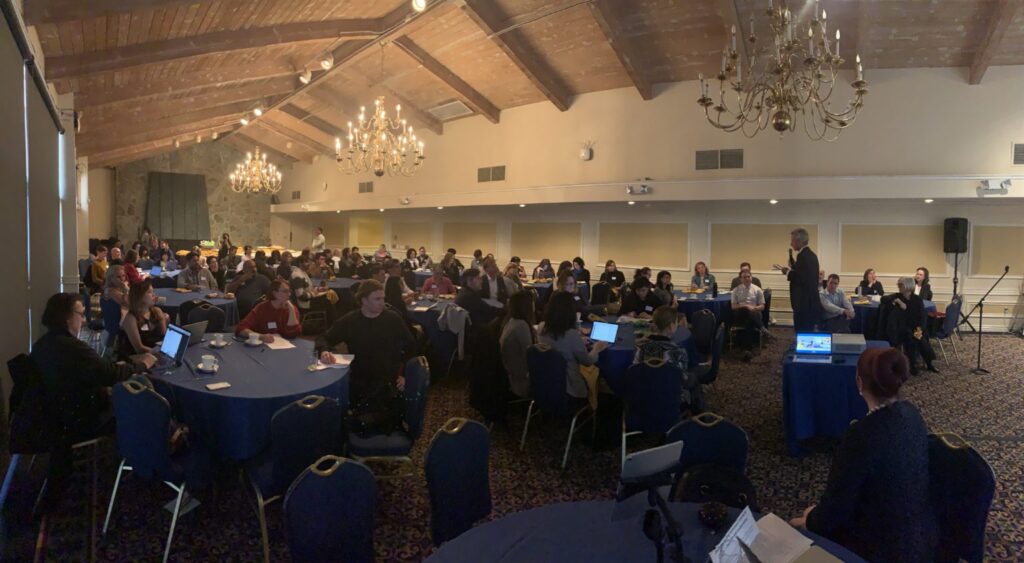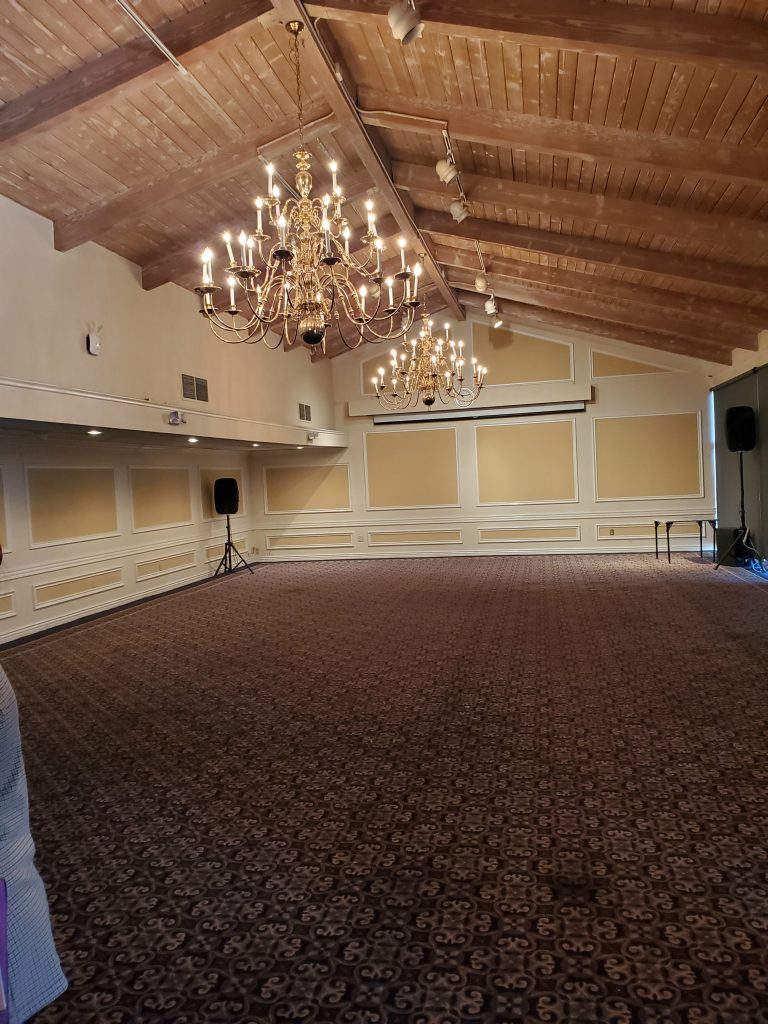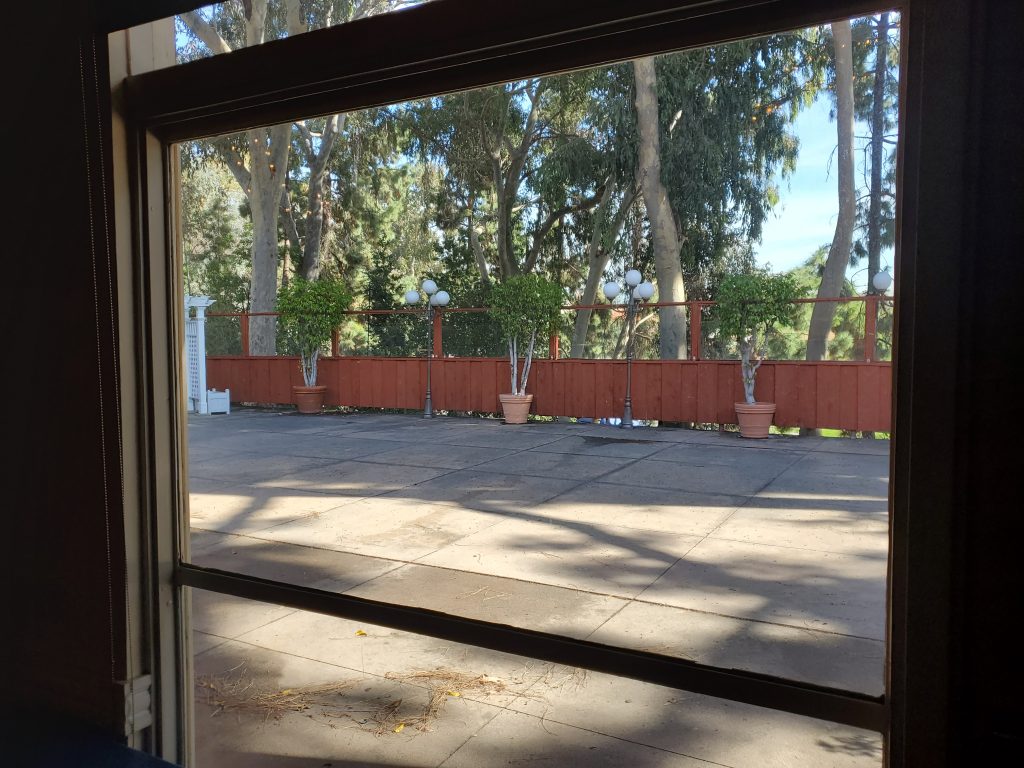Event

Description
There is a growing realization that human and humanistic knowledge is necessary to respond to societal challenges and complex problems.
Such responses are almost always going to engage with infrastructure one way or another. Infrastructures make up a fabric of our society – technological, human, urban, societal, cultural, environmental, digital and academic. Infrastructure is also a way of thinking about the world, which comes with certain predispositions and values.
The day and a half Humane Infrastructures event Humane Infrastructures brings together leading scholars, experts, artists, university administrators, politicians, and community members to consider and outline how we can build long-term human/humanities-driven capacity to collaboratively critique, imagine, design, and build civic and academic infrastructures at scale. The workshop will be both content-driven (specific research projects, ideas, practices, cases, challenges, perspectives) and high-level (strategy, policy, capacity, leadership). It will draw on the strengths of UCLA.
A central concern for Humane Infrastructures is how to mobilize humanistic/human knowledge at scale, particularly in relation to the socio-technological systems and infrastructures – including AI, search engines, urban infrastructure, supply chains, academic infrastructure, medical technology and environmental data – that play such an important role in our lives and societies. The workshop has a national and international scope and ambition, while being embedded in Los Angeles and Southern California.
The program will be structured around 1) major challenges (e.g. homelessness, climate change) and themes (e.g. AI, ‘smart’ cities, the quantified human, online platforms, the academic lifeworld, innovation logic), 2) a toolbox (e.g. critical making, designing for difference, algorithmic intervention/auditing, terraforming, mutualistic systems design, and staying with the trouble), and 3) a set of concrete examples and theoretical issues.
These challenges and themes are all impacted by resolutely humanist concerns, i.e. the relations between what we make, build, and transform as humans, and how we make, build, and transform ourselves. The practices and perspectives in the toolkit speak explicit to these relations, and give us new ways to acknowledge, denaturalize, respond, and impact them.
Background
The event draws on a series of conversations that have taken place over the past five years, among scholars and practitioners. These conversations have been rooted in a long history of previous work, but are also responsive to a contemporary surge of relevant scholarship and practice.
Events such as “Critical Visualization: Unflattening and Enacting Visualization” (The Graduate Center, CUNY, 2016), UCLA Digital Humanities Seminar Series (UCLA, 2016-2017), Making Change through the Humanities: Institutes, Ideas and Infrastructures (KTH Royal Institute of Technology, 2018), and Humanities Tech Seminars (KTH Royal institute of Technology, 2018-2019) fostered dialogue across disciplines, institutions, and industries that has laid critical groundwork and built a globally engaged collective.
Extended Rationale
The shape and aim of Humane Infrastructures is derived from the participants, their practices, and their perspectives. These individuals and their work relate to a wide-spread critique of “tech,” the inability to deal with global threats like climate change, and developments like the ongoing datafication of our society. They bring deep knowledge across a range of disciplines and areas, including environmental history, neighborhood activism, disability studies, film making, information studies, critical race studies and digital humanities. They also bring an interest in concretely making civic and academic infrastructure better and more humane.
As such, the workshop is structured around a key set of concerns and developments:
1) The need for a more humane society and for human/humanistic driven capacity to collaboratively respond to grand challenges and complex problems. Such capacity must necessarily be collaborative inside and outside the academy, and be part of a different logic for innovation. It also needs to be critical and constructive, curiosity and challenge driven, and create action-rich contact zones with integrity, respect, and sharpness. This complex work requires engaging intellectually, materially, and creatively with the issues at hand and to assume complicity in socio-technological systems.
2) The critical, imaginary, and interventionist power of the emerging field of experimental humanities – environmental, digital, medical/health, and urban – and related fields such as disability studies, queer studies, information studies, ethnic studies and media arts. These liminal and interdisciplinary fields often combine curiosity-driven scholarship and teaching with societal engagement and a direct relation to infrastructures and socio-technological systems. They also tend to have a strong connection to traditional humanities disciplines, which provide grounding, symbiotic interplay (and tension), and contribute to a wealth of research trajectories, methods and perspectives.
3) Infrastructure as a pervasive framing of modern life, as evidenced by the way we understand and build the world (e.g. the D- Infrastructure Report Card by the American Society of Civil Engineers Engineering), civic infrastructure as a key political concern and ideological manifestation, research infrastructure as a way of organizing higher education (e.g. the European Roadmap for Research Infrastructures), and the expansion of infrastructure studies and of infrastructure as a theoretical framework. Infrastructure is a site for a conventional societal and technocratic logic (technology-driven, big, costly, long-term, systemic and essentially neutral), but also – arguably – a place for change, resistance and shifting logics.
4) Societal challenges are doubly technological in nature. While technology is often invoked as part of the response (or “solution”) to societal challenges, it is also quite as often part of the problem. AI, for example, is often presented as a solution to a whole range of problems (including the ones generated by AI), and institutional efforts to make AI more ethical/human are often driven by the same logic. Data becomes central, usually at the expense of other considerations, as illustrated by the intended commodification of data in the Google Quayside (Sidewalk Lab) project in Toronto (The Intercept, Nov 13, 2018) and the LAPD dismantling of some of their data-driven crime programs after substantial criticism (LA Times, April 5, 2019). How do we engage both critically and constructively with the socio-technological systems that structure our much of our lives and that are inseparable from the challenges and problems we need to tackle?
Ultimately, this event seeks to build on a critical-constructive engagement and deep considerations about how we can create collaborative capacity to make change. Our central question is: How can we use various critical perspectives, modes of engagement and methods to critique, imagine and make more humane infrastructures? Infrastructure in this case is broadly interpreted (not just things) and both civic and academic infrastructure. The event draws on the strengths of UCLA and relates to experimental humanities (urban, digital, environmental, medical) as well as areas such as disability studies but also across the whole campus – and will include international, national and local participants. It will be conversational (not focused on presentations). The event is not ready-made, but gets shaped by the individuals and the conversations – emergent.
Format and Venues
The workshop will be conversational and built around semi-structured conversations rather than ‘presentations.’ Most sessions will be slide-free. The format will be varied, including open discussion sessions, thematic sessions (not panels), pair conversations and workshops-in-the workshop. There will be a lunch at the start of the workshop, and coffee and tea breaks (fika) will feature LA-made Swedish pastries.
We will be in the beautiful California Room at the Faculty Center.
While we are hosted at the Faculty Center at UCLA, we would like to acknowledge the Gabrielino/Tongva peoples as the traditional land caretakers of Tovaangar (the Los Angeles basin and So. Channel Islands). Here at UCLA, as a land grant institution, we pay our respects to the Honuukvetam (Ancestors), ‘Ahiihirom (Elders) and ‘Eyoohiinkem (our relatives/relations) past, present and emerging.
Materials
Please see the references below. There will also be a short white paper/think piece on humane infrastructures distributed to participants.

